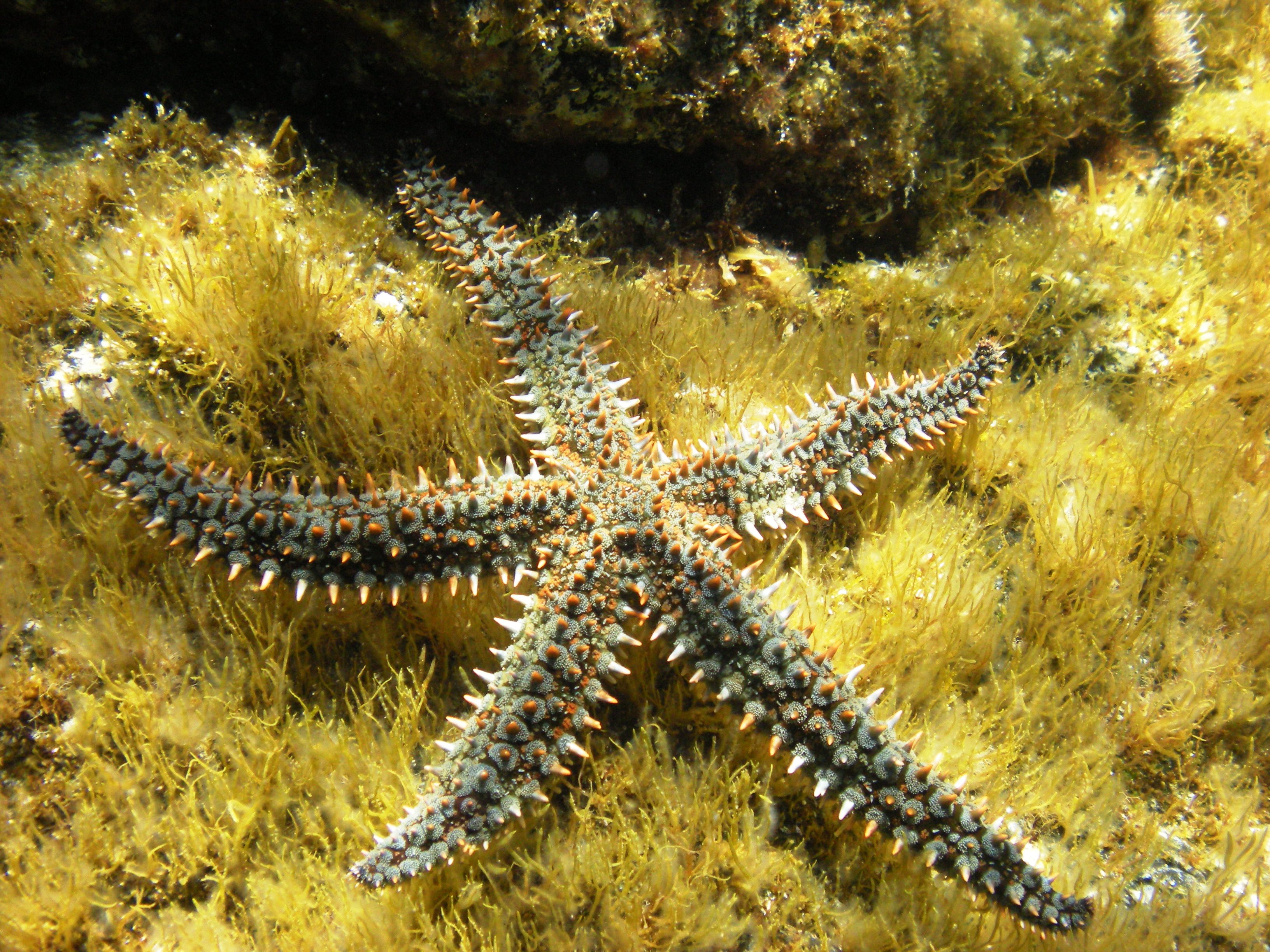New paper: impact of fluid preservation on sea stars stable isotope ratios
New article out in Rapid Communications in Mass Spectrometry! This paper is the first output of Baptiste Le Bourg‘s PhD thesis at ULiège. Baptiste’s PhD focuses on Southern Ocean sea stars. For part of his work, we were keen to use sea stars sampled during past campaigns and archived in lab or museum collections. However, these samples are typically stored in fluid preservatives (formaldehyde and/ or ethanol), which can influence their stable isotope composition. Here, we performed a 2-year experiment on the temperate sea star Marthasterias glacialis, and monitored how different modes of preservation would alter its stable isotope ratios of C, N, and S. Our results showed that the preservation method indeed affected stable isotope ratios, but that correction factors could be used to mitigate those biases. Therefore, under some conditions, fluid-preserved sea stars can be used for trophic ecology studies.
Read the article at https://doi.org/10.1002/rcm.8589
